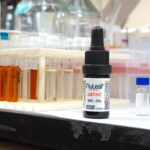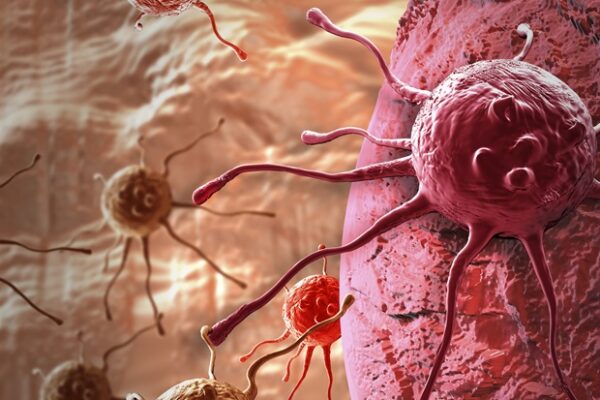
AHIP, AMA, NAACOS Release Playbook for Value-Based Care
Three healthcare organizations, including AHIP, AMA, and NAACOS, have collaborated to release a playbook outlining best practices for value-based arrangements as the industry shifts away from fee-for-service models. The playbook focuses on improving patient experience, advancing population health, and reducing costs, with recommendations organized into seven domains. The goal is to help payers, physicians, hospitals,…














